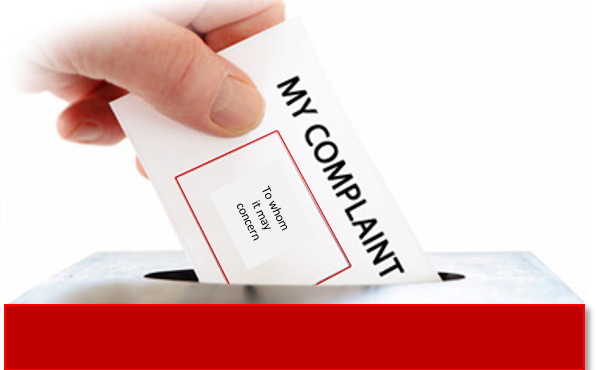Why You Must Take Employee Complaints Seriously

Employees are far more aware of workplace wage and hour laws and likely to discuss issues with fellow employees or seek outside help to deal with issues they are facing. There are new laws that affect most employers with regards to ensure employee complaints, including harassment and discrimination are managed properly. Does your company have a process to deal with employee complaints? Do your employees know about it? Let’s discuss how you can set up a policy and make it work.
Why is this critical?
Employees who have issues with their employer are far more likely to begin to slack off on production, quality or attendance, and their negative attitude may spread to other employees, or even customers. And, if issues fester without a clean resolution, terminating this employee for performance reasons could be seen as retaliation and cause numerous legal problems. It’s best to deal with any issues employees have head on and not allow problems to drag your business down.
Complaint Process
It is critical that you have a complaint process plan in place and employees understand there is an open communication channel to management should they have any concerns about any workplace issues. Businesses should also have an “Alternative Complaint Process” in place in case an employee does not feel comfortable talking to their manager or even the business owner. Having a policy, making sure employees know about it, and then responding properly will go a long way to diffusing issues quickly before they erupt.
Here are some essential steps:
Policy
Create a short 1-2 paragraph regarding the complaint process in your workplace. Who to talk to, what issues might warrant a discussion and what will happen once a complaint is recived. Employees should also know who they should talk to alternatively. This can even be an outside 3rd party, like Infinium HR. Infinium can assist you with writing this policy, just ask!
Communication
Once you have a policy, make sure it gets in to the employee’s hands, and that they understand the policy and hear it directly from their manager or you. Another way to reinforce this policy is to frequently engage your employees and ask for their input on workplace conditions, their position and the company in general.
Response
If you do receive a complaint or concern from an employee, don’t react defensively or passively. Be concerned and listen carefully so you can fully understand their issue. Be empathetic and let the employee know you will review the issue and get back with them, if applicable. Do not discuss this with other employees, and do not treat the employee any differently.
Closure
Once you have determined validity of the complaint, deal with it. If it is warranted, then make whatever changes are necessary. If it is not warranted, do not denigrate the employee but let them know why you disagree with their complaint. Then, close the investigation by getting back to the complainant, to ensure he or she is satisfied with the outcome. Document the resolution!
Challenges
If the issue is a significant issue like missed meal or rest breaks, not getting overtime, discrimination, harassment or other potential workplace violations, get professional advice quickly. Make sure the employee knows you are acting on the information and will respond appropriately as soon as possible. Don’t let it drag on.
In summary, it’s critical that you do what’s necessary to avoid the pitfalls that can result from an uninvestigated or poorly handled employee complaint, take it one step at a time: Listen, investigate, draw conclusions, act, document.
When you need assistance, Infinium HR is always here to help!
